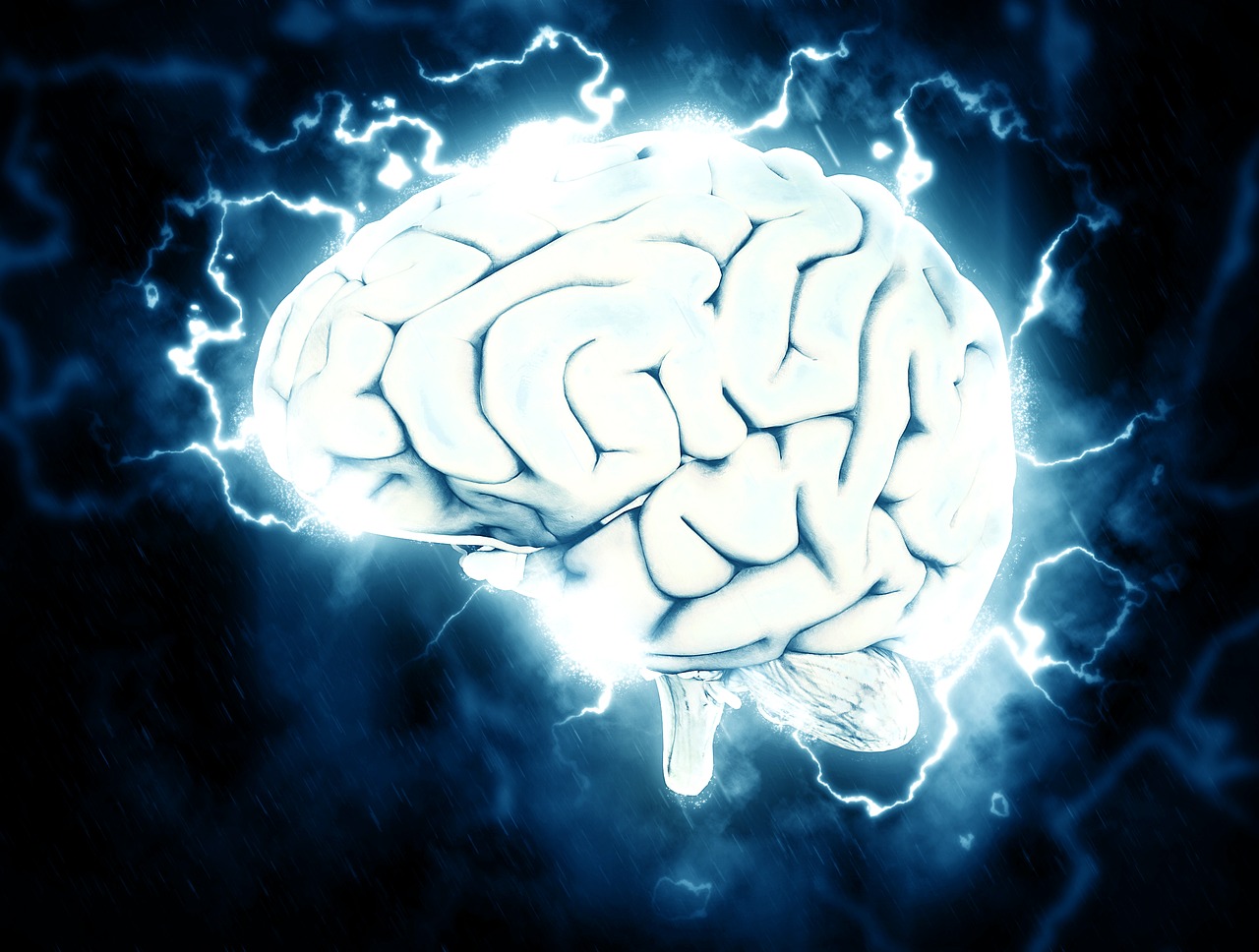
De 10 onderstaande publicaties geven wetenschappelijk bewijs van het feit dat patiënten met ME/CVS hersenafwijkingen hebben met neuro-inflammatie, metabolische, neurologische verbindingen en bloedperfusie.
ME-patiënten lijden aan een #chronischeziekte
ME-patiënten zijn #ZiekNietZwak
https://twitter.com/Dr_M_Guthridge/status/1089041490301472769
Dr Mark Guthridge on Twitter
Thread: The 10 publications below provide scientific evidence that patients with #MECFS have #brain abnormalities in #neuroinflammation, #metabolism, #neurological connections and blood perfusion #pwME suffer from #chronicillness #pwME are #SickNotWeak
1. Deze studies “geven bewijs van neuro-inflammatie bij ME/CVS, alsook bewijs van de mogelijke bijdrage van neuro-inflammatie aan de pathofysiologie van ME/CVS”
http://jnm.snmjournals.org/content/55/6/945.long
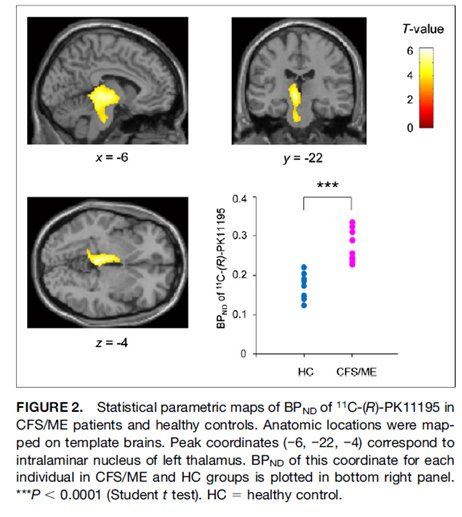
© Nakatomi et al., 2014
2. Deze Australische studie vond afwijkingen in MRIs van de hersenen en perifere bloeddruk en hartslag bij ME/CVS-patiënten, waaronder vasomotorisch centrum, middenhersenen en hypothalamus.
https://www.sciencedirect.com/science/article/pii/S2213158216300584
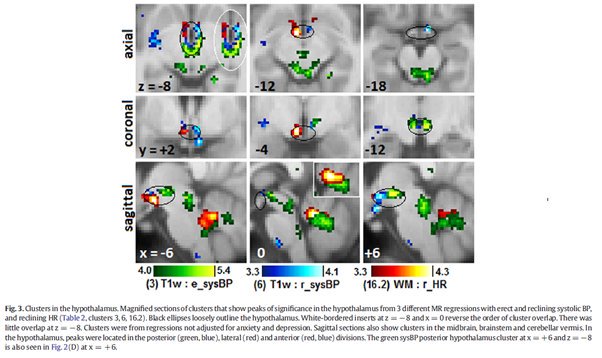
© Barnden et al., 2016
3. Hersen-MRIs tonen bij patiënten met ME/CVS significant hoger lactaat in hun cerebrospinaal vocht in vergelijking met gezonde controles. Deze bevindingen suggereren dat ME-patiënten een probleem hebben in hersengerelateerd mitochondriaal metabolisme.
https://www.ncbi.nlm.nih.gov/pmc/articles/PMC5754037/
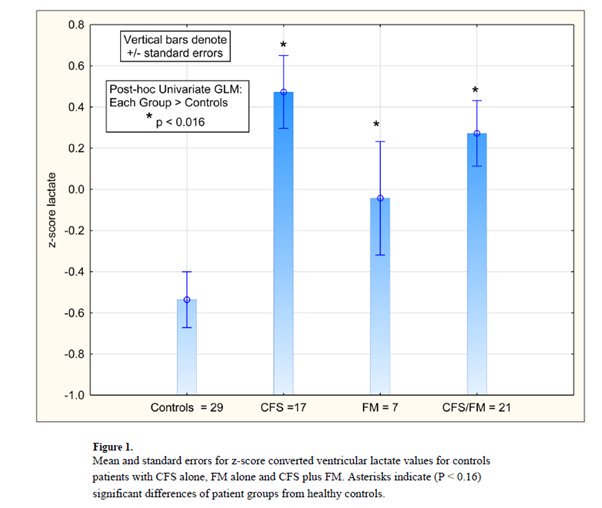
© Natelson et al., 2017.
4. SPECT-analyse van CVS-patiënten vond een verlaagde hersenperfusie: “onze data suggereren dat hersenstamhypoperfusie bij CVS-patiënten te wijten kan zijn aan een lichamelijke afwijking.”
https://academic.oup.com/qjmed/article-abstract/88/11/767/1569403 (niet open access)
null
null
5. Deze MRI-studies vonden dat de “verstoorde conductie van het hersenstamsignaal [bij CVS-patiënten] sensomotorische myelinisatie kan stimuleren [met mogelijk] grote gevolgen voor regulatie van hersenfunctie.”
https://www.sciencedirect.com/science/article/pii/S2213158218302237
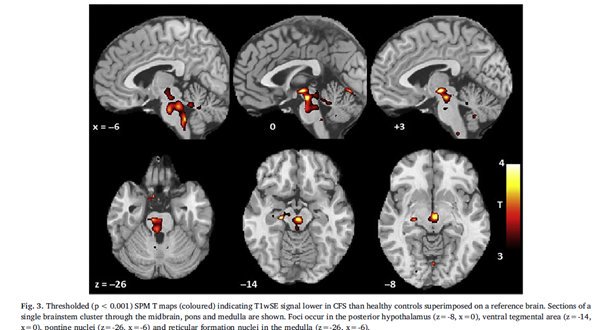
© Barnden et al, 2018.
6. Studies van hersen-MRIs bij vrouwen met CVS toonden aan dat de aanwezigheid van pijn geassocieerd is met neuronale veranderingen en #metabolische defecten in de dorsolaterale prefrontale cortex.
https://www.biologicalpsychiatryjournal.com/article/S0006-3223(16)32737-8/abstract (niet open access)
Dr Mark Guthridge on Twitter
6. #Brain MRI studies in women with #CFS showed that the presence of pain is associated with neuronal alterations and #metabolic defects in the dorsolateral prefrontal cortex #MECFS #pwME https://t.co/oY4OoaEGCR
7. Deze MRI-studie vond verhoogd lactaat en verminderd corticaal glutathion (GSH) in de hersenen van CVS-patiënten, wat wijst op verhoogde oxidatieve stress, cerebrale hypoperfusie en/of secundaire mitochondriale disfunctie.
https://onlinelibrary.wiley.com/doi/abs/10.1002/nbm.2772 (niet open access)
Dr Mark Guthridge on Twitter
7. This MRI study found elevated lactate and reduced cortical glutathione (GSH) in the brains of #CFS patients suggesting increased oxidative stress, cerebral hypoperfusion and/or secondary #mitochondria dysfunction #MECFS #pwME https://t.co/5wfqfBYa92
8. Hersenproton-MRS-beeldvorming heeft aangetoond dat patiënten met CVS significant verhoogd ventriculair lactaat hadden in vergelijking met gezonde controles of patiënten met gegeneraliseerde angststoornis (GAS).
https://onlinelibrary.wiley.com/doi/abs/10.1002/nbm.2772 (niet open access)
Dr Mark Guthridge on Twitter
8. #Brain proton MRS imaging has shown that patients with #CFS had significantly increased ventricular lactate compared to healthy controls or patients with generalized anxiety disorder (GAD) #MECFS #pwME https://t.co/We9L1I0Kq1
9. Proton-MRS-analyse van de basale ganglia van #CVS-hersenen vond abnormale niveaus van N-acetylaspartaat, creatinine en cholinehoudende verbindingen.
https://insights.ovid.com/pubmed?pmid=12598734 (geen open access)
Dr Mark Guthridge on Twitter
9. proton MRS analysis of the basal ganglia of #CFS brains found abnormal levels of N-acetyl aspartate, creatinine and choline-containing compounds #MECFS #pwME https://t.co/nrNrRxnqdK
10. Magnetische resonantiespectroscopie van hersenprotonen vond biochemische afwijkingen in fosfolipide metabolisme van CVS-hersenen
https://monashuni.okta.com/app/monashuniversity_ezproxy_1/exk1lfeqvipGvmNj72p7/sso/saml (geen toegang)
Dr Mark Guthridge on Twitter
10. #Brain proton magnetic resonance spectroscopy found biochemical abnormalities in phospholipid #metabolism of #CFS brains #MECFS #pwME https://t.co/b4kMKZydnD
11. Conclusie: de 10 bovenstaande onderzoekspublicaties tonen aan dat er duidelijke biochemische, metabolische en inflammatoire afwijkingen zijn in de hersenen van ME-patiënten
12. Deze studie uit Frontiers Neurology heeft belangrijke richtsnoeren en methodologische benaderingen voor toekomstige hersenbeeldvormingsstudies die neuro-inflammatie bestuderen bij MECVS
https://www.frontiersin.org/articles/10.3389/fneur.2018.01033/full
Neuroinflammation and Cytokines in Myalgic Encephalomyelitis/Chronic Fatigue Syndrome (ME/CFS): A Critical Review of Research Methods
Myalgic encephalomyelitis/ chronic fatigue syndrome (ME/CFS) is the label given to a syndrome that can include long-term flu-like symptoms, profound fatigue, trouble concentrating, and autonomic problems, all of which worsen after exertion. It is unclear how many individuals with this diagnosis are suffering from the same condition or have the same underlying pathophysiology, and the discovery of biomarkers would be clarifying.
Het gebruik van hersenbeeldvorming zal een belangrijke rol spelen in het identificeren van nieuwe diagnostiek/behandeling van ME/CVS.
Het is van cruciaal belang dat toekomstige studies klinisch gedefinieerde patiëntcohorten gebruiken.
Te brede CVS-definities zoals Fukuda en Oxford zullen de vooruitgang in ME-onderzoek alleen maar tegenhouden.
© Twitter Dr. Mark Guthridge. Vertaling Abby, redactie Zuiderzon, ME-gids.






Eén reactie
Brede criteria